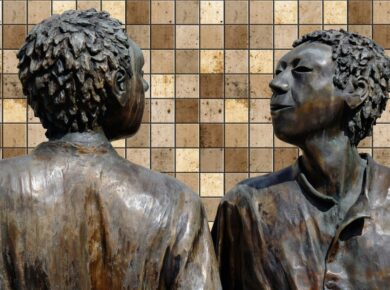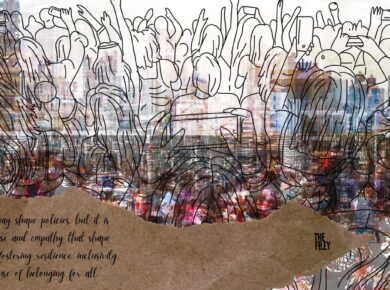In India, the rights of a deceased person are primarily governed by legal principles related to inheritance, succession, and property rights. While individuals retain certain rights and interests during their lifetime, these rights may undergo changes or transitions upon death. Here are some key aspects of the rights of a deceased person under Indian law:
1. Succession and Inheritance:
Upon the death of an individual, their property and assets are transferred to their legal heirs according to the laws of succession applicable to their religion or personal law. For example:
- Hindu Succession Act: Governs the inheritance rights of Hindus, Buddhists, Jains, and Sikhs. It determines the distribution of property among heirs, including spouses, children, and other relatives.
- Muslim Personal Law: Dictates inheritance rights for Muslims, including rules regarding shares for different heirs such as spouses, children, parents, and other relatives.
- Indian Succession Act: Applies to Christians, Parsis, and Jews, providing rules for the distribution of property and assets among heirs.
2. Testamentary Rights:
Individuals may exercise their right to dispose of their property and assets through a valid will. A will allows a person to specify how their estate should be distributed after their death, including naming beneficiaries and allocating specific assets. The Indian Succession Act governs the execution and validity of wills in India.
3. Right to Dignity and Reputation:
Even after death, individuals retain certain rights to dignity and reputation. Indian law recognizes the concept of defamation of the deceased, allowing legal action to be taken if false statements are made that harm the reputation of the deceased person or their family members.
4. Right to Property:
The property rights of a deceased person are transferred to their legal heirs according to applicable laws of succession and inheritance. However, during the process of succession, the deceased person’s estate may be managed by legal representatives or executors appointed by the court until the distribution of assets is completed.
5. Right to Privacy:
While the concept of privacy primarily pertains to living individuals, Indian law recognizes the importance of protecting the privacy of deceased persons in certain contexts, such as preventing unauthorized use of their personal information or images for commercial purposes without consent.
Conclusion:
In summary, the rights of a deceased person in India primarily revolve around the distribution of their property and assets among legal heirs, governed by laws of succession and inheritance. Additionally, concepts of dignity, reputation, privacy, and testamentary freedom are relevant in determining the legal status and rights of a deceased individual under Indian law.







